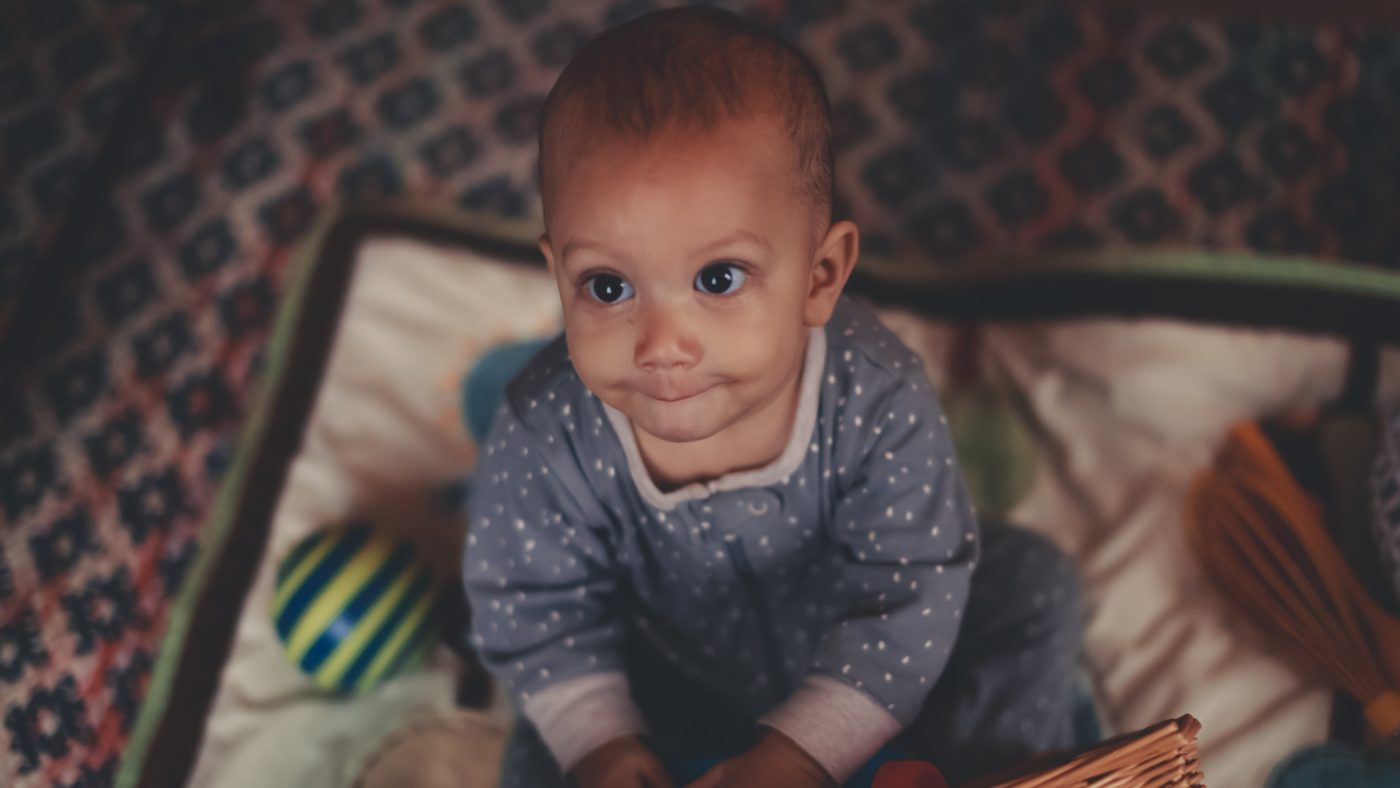
Music can play an important role in a child’s development, and this is particularly true in the Montessori approach. Incorporating music into your Montessori baby’s routine can have many benefits for their cognitive, emotional, and social development.
One of the primary benefits of music for babies is that it can help develop their language skills. Studies have shown that babies who are exposed to music have better language development than those who are not. This is because music helps babies learn and recognize different sounds and patterns, which can be helpful in developing their language skills.
In addition to language development, music can also help with cognitive development. It has been shown to improve memory, attention, and problem-solving skills. For example, learning a song with hand movements can help a baby develop their coordination and fine motor skills.
Music can also have emotional benefits for babies. Listening to calming music can help soothe a baby, while more upbeat music can help them feel more energized and engaged. Singing and dancing with your baby can also create a bonding experience and help them feel more connected to you.
When it comes to incorporating music into your Montessori baby’s routine, there are many options. You can play different types of music for your baby to listen to, or sing songs together. You can also introduce instruments and encourage your baby to explore them. Simple instruments such as shakers, drums, or xylophones are great for young babies to start with.
Another way to incorporate music into your Montessori baby’s routine is to attend music classes or groups specifically designed for babies. These classes often involve singing and dancing with other babies and can be a fun and social experience for both you and your baby.
Overall, incorporating music into your Montessori baby’s routine can have many benefits for their development. Whether it’s through listening to music, singing, or playing instruments, music can be a fun and engaging way to support your baby’s cognitive, emotional, and social growth.



